Water Conservation & Leak Detection
Featured Water Conservation & Leak Detection Companies
Browse Irish Water Conservation & Leak Detection Companies
Water Conservation & Leak Detection Ireland
Water conservation in Ireland has become increasingly critical as the country grapples with significant infrastructure challenges and the looming impacts of climate change. Nearly 40% of Ireland’s treated water—an astounding 626 million litres daily—is lost through leaks in the public water system alone, equivalent to filling 7.8 million baths every day. This massive water loss not only represents an enormous waste of a precious resource but also places tremendous pressure on water treatment facilities and distribution networks. Climate change is exacerbating these challenges, with Ireland experiencing more frequent periods of drought alternating with intense rainfall events, creating unstable conditions for water supply management. The country’s aging infrastructure, much of which dates back to the Victorian era in urban centres, is particularly vulnerable to these changing weather patterns, leading to increased pipe failures and water shortages during extreme weather events.
Leak detection technology and methodologies have become essential components of Ireland’s water management strategy, with Uisce Éireann implementing various initiatives to address this critical issue. The utility employs advanced acoustic leak detection systems, satellite technology, and smart metering to identify both public infrastructure leaks and customer-side water losses. In urban areas, district metered areas (DMAs) allow for targeted monitoring of water flow, while in rural regions, where infrastructure is more dispersed, mobile leak detection units conduct regular surveys. Despite these efforts, progress has been concerning, with annual leakage savings falling from 41 million litres per day in 2021 to just 11 million litres per day in 2022. The First Fix Scheme represents one successful initiative, saving 30 million litres daily in 2022, though customer engagement remains a challenge with only 46% of notified customers responding to leak alerts. Uisce Éireann has committed to reducing leakage to 25% nationally and 20% in Dublin by 2030, recognising that sustainable water management practices are essential not only for current needs but also for Ireland’s environmental and economic resilience in the face of climate uncertainty.
Latest Water Conservation Listings
MKO - Planning and Environmental Consultants
- (091) 735 611
- Tuam Rd Galway H91 VW84 Ireland
- Solar Panels
- +7 Wind Turbines, Energy Conservation, Water Conservation, Waste Water, Waste, Acoustic Consultants, Bat Surveys
